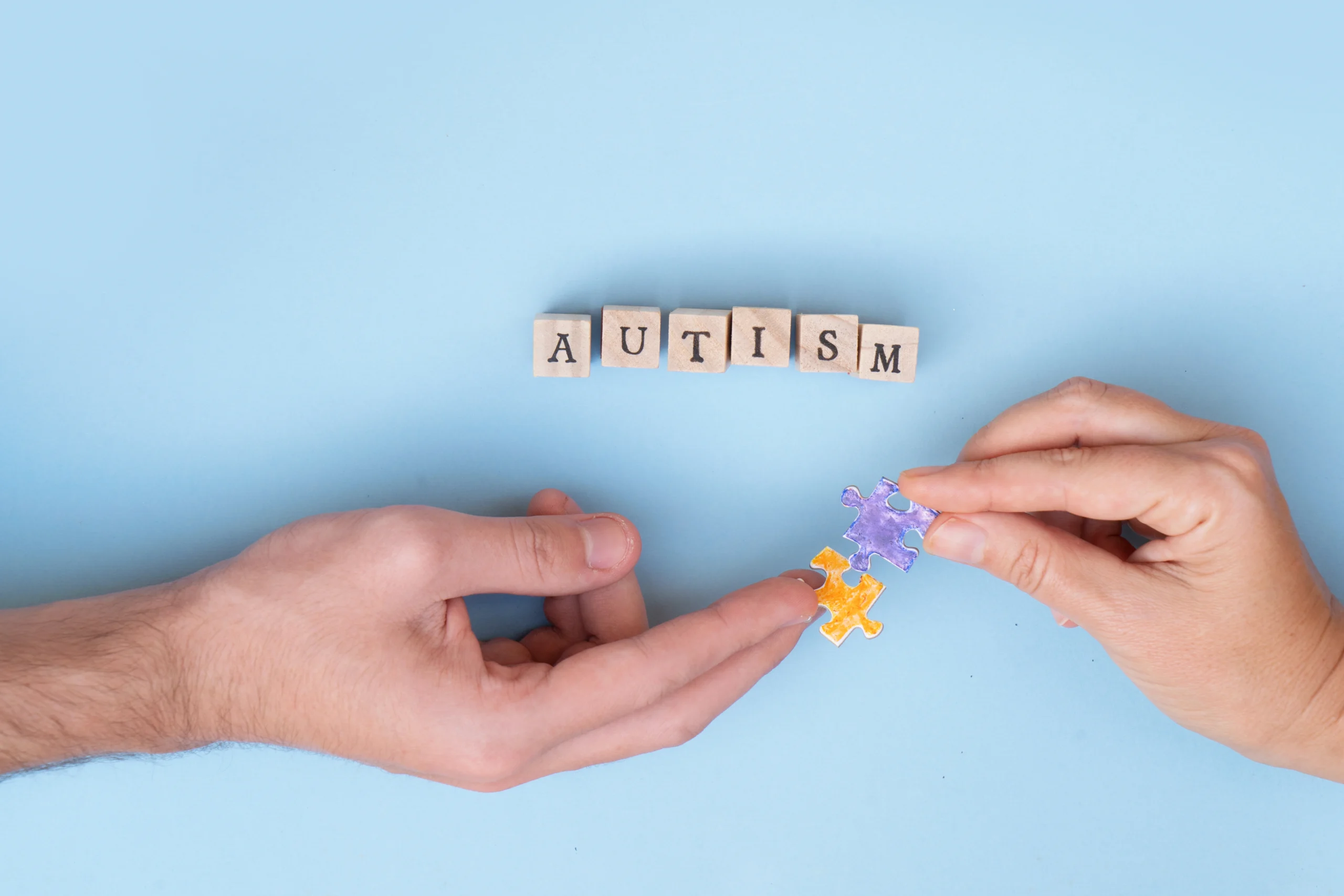As a child counselor and psychologist in India, I’ve seen firsthand the vital role that parents play in nurturing their children’s mental health. In today’s fast-paced world, children face various challenges that can affect their emotional well-being. From school pressures to social dynamics, these stressors can sometimes overwhelm young minds. Understanding how to support children’s mental health as a parent is crucial for helping them grow into resilient, confident adults.
Recognizing the Importance of Mental Health
Children, like adults, experience a wide range of emotions and mental health concerns. However, they often lack the vocabulary or emotional awareness to express their struggles. As a parent, you can help by creating a safe, open environment that encourages your child to communicate freely about their feelings.
It’s also helpful to recognize when professional support might be beneficial. In my practice providing anxiety treatment in Mumbai, I’ve worked with numerous children and families who benefit immensely from early intervention. If you notice persistent signs of stress, withdrawal, or anxiety in your child, seeking guidance from a mental health professional can make all the difference.
Key Parenting Strategies for Supporting Mental Health
- Encourage Open Communication
One of the best ways to support your child’s mental health is by fostering open communication. Encourage your child to talk about their day, their worries, and their joys. Make it a point to listen actively without judgment. This not only builds trust but also teaches them that expressing their feelings is a healthy practice. - Teach Emotional Regulation
Children may not always know how to manage intense emotions like anger or sadness. Teaching emotional regulation skills, such as deep breathing, can help them handle these feelings constructively. Encourage your child to label their emotions, a simple yet effective way to develop emotional intelligence. - Create a Routine
A structured routine can provide children with a sense of stability and security, which is essential for their mental well-being. When children know what to expect, it can help reduce feelings of anxiety and uncertainty. This doesn’t mean every day has to be rigidly planned, but having a regular routine for things like bedtime, homework, and family meals can be beneficial. - Model Healthy Coping Mechanisms
Children learn by observing. Show them healthy ways to cope with stress by managing your own stress constructively. Whether through exercise, mindfulness, or other self-care activities, modeling these behaviors can positively impact how your child learns to handle their emotions. - Seek Support When Needed
Sometimes, despite your best efforts, your child might still struggle emotionally. In these cases, seeking help from a therapist can provide additional support. Therapy can give children tools to manage their emotions, develop resilience, and build self-confidence. In my work with families, including couple therapy, I help parents understand how to support each other as they navigate their child’s mental health journey. - Prioritize Self-Care as a Parent
Supporting your child’s mental health is a big responsibility, and it’s essential not to neglect your own well-being in the process. Remember that children are sensitive to their environment, and a parent’s stress can impact them. Taking time for self-care not only benefits you but also creates a positive atmosphere for your child to thrive.
The Role of Therapy in Supporting Children
Many parents feel uncertain about the right time to seek therapy for their child. If you’re noticing signs of distress or behavioral changes in your child, a consultation with a therapist can be a helpful first step. Therapy provides a safe space for children to express themselves, learn coping skills, and explore their emotions with guidance.
In my experience, early intervention can make a significant difference. As a psychologist in India working with children and families worldwide, I offer a range of therapies, including child therapy, teen therapy, and anxiety treatment in Mumbai. Therapy doesn’t just address immediate concerns; it empowers children with skills they can use throughout their lives.
Final Thoughts
Supporting a child’s mental health is a journey that requires patience, understanding, and compassion. By creating a nurturing environment and practicing the strategies above, you can help your child build emotional resilience and navigate life’s challenges confidently. Remember, you don’t have to do it alone. Therapy can offer you and your child additional tools and insights to foster a healthier, happier life. Together, we can create a strong foundation of mental wellness for your child’s future.




